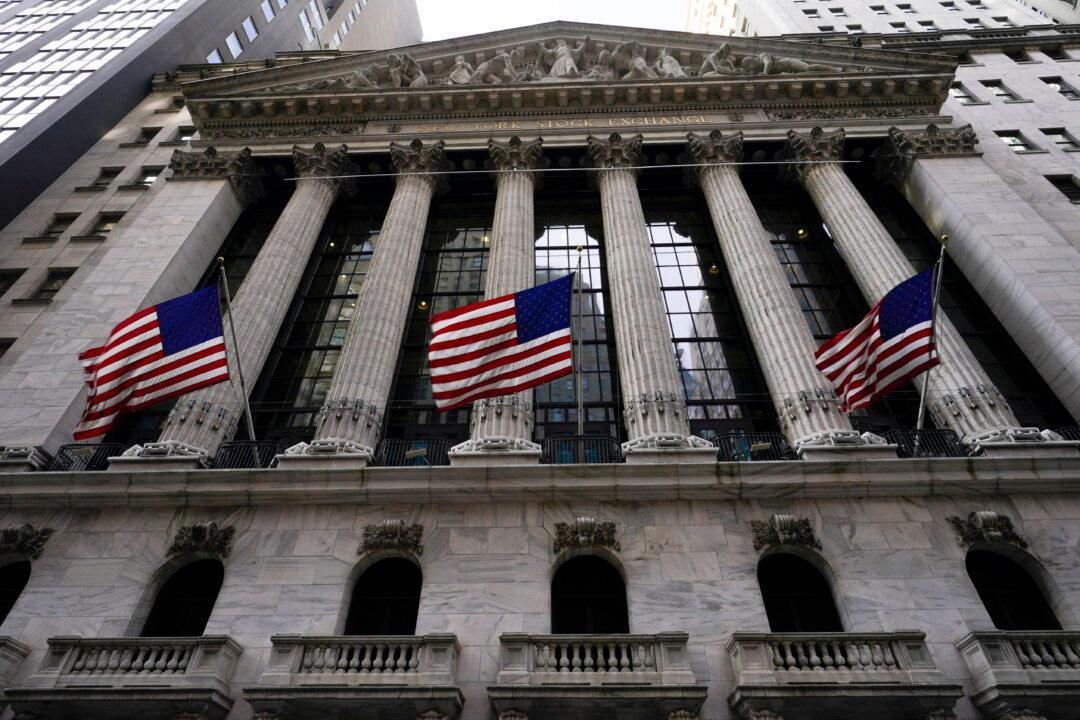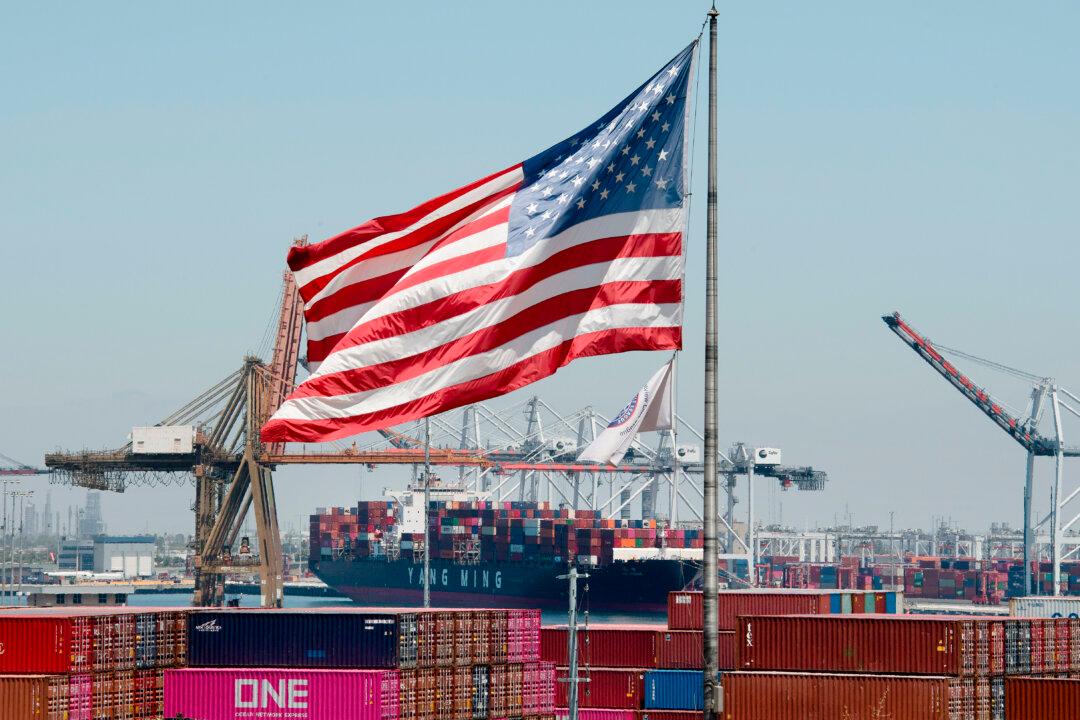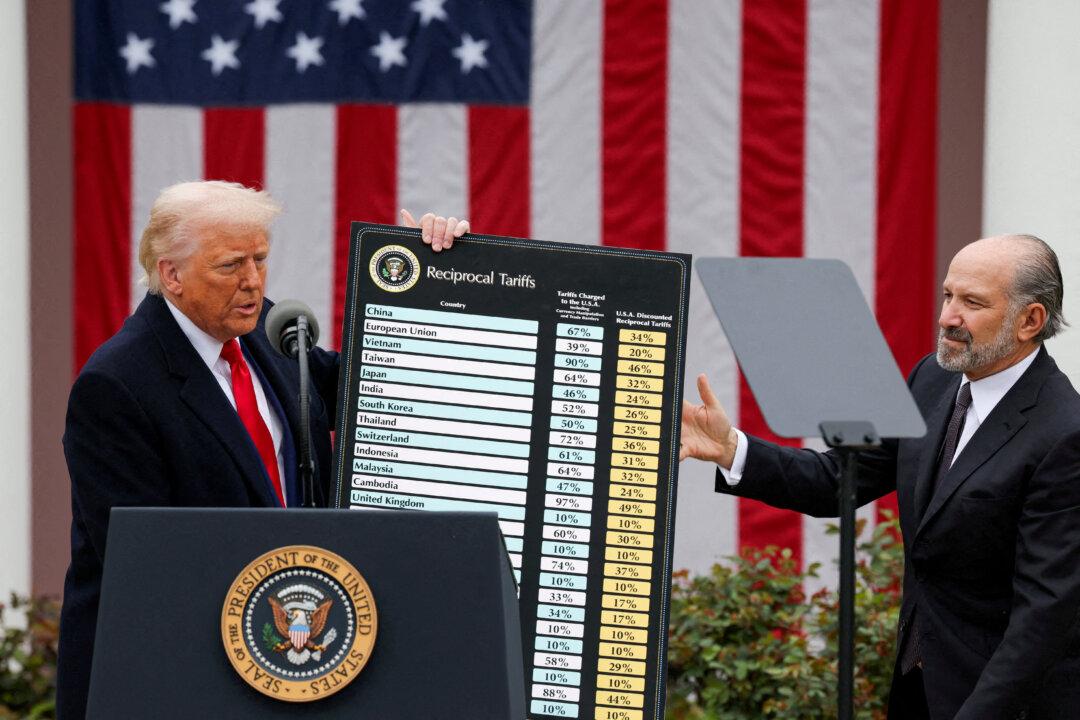Commentary
The United States has the most open capital markets in the world where firms come to raise capital. The one clear requirement is that firms follow the laws, rules, and regulations on U.S. securities and finance. Beijing is fighting to see if its firms raising capital in the United States can avoid this basic requirement.





